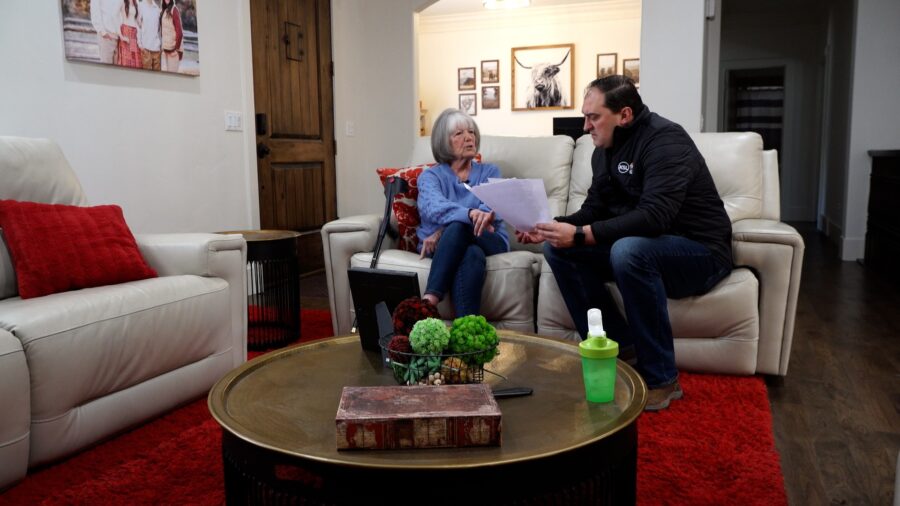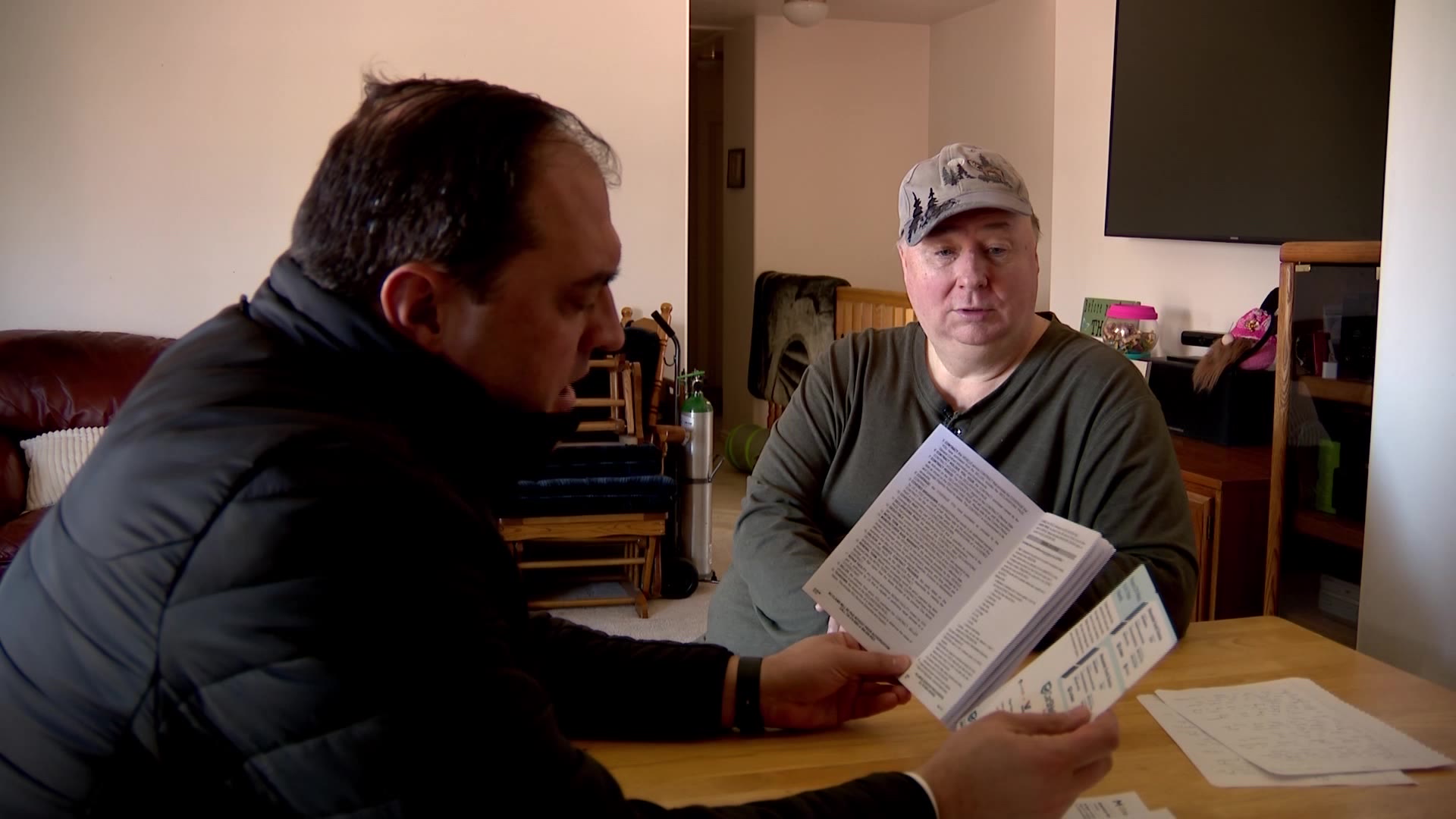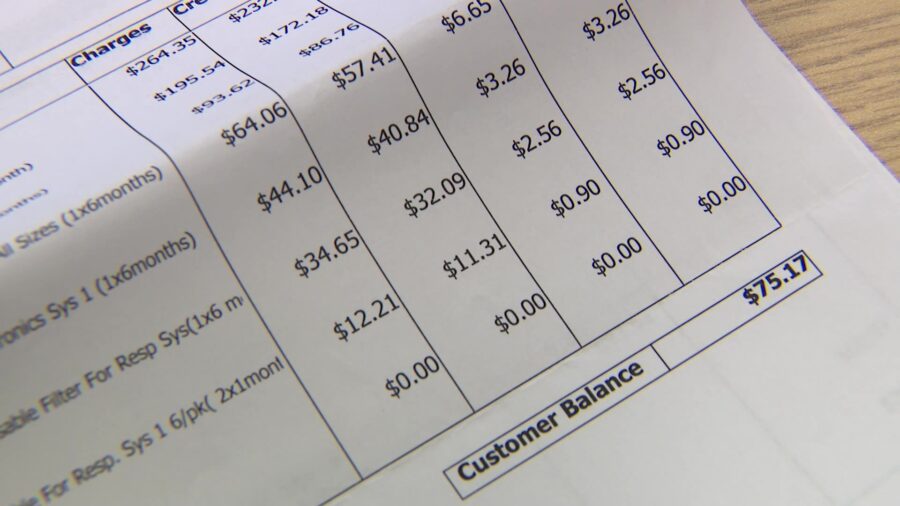Gephardt: Utah ‘Lemon Law’ Offers Weak Protections Against Clunkers
Feb 24, 2020, 10:35 PM | Updated: 10:42 pm
TREMONTON, Utah – Imagine saving up to buy your dream car only to have it break down shortly after you drive it off the lot and then learn you can’t get your money back. The KSL Investigators discovered there are a lot of risks with buying a used car in Utah and very few protections.
It’s a lesson Antonio Lopez learned the hard way. The Tremonton teen said he worked eight months at a diner – wiping down counters, rolling up silverware and busing tables – to save up the $5,600 he needed to buy his first car, a 2001 Audi TT.
“Absolutely perfect,” Lopez said of his new-to-him car. “We test drove, and it seemed great.”

Antonio Lopez shares his experience buying his dream car.
His excitement faded quickly when less than 150 miles down the road, the coupe went kaput.
“Low on power, weird idle and so I pulled it over and parked it,” said Lopez as he described the breakdown two days after he bought it. “My heart sank for sure.”
Lopez’s heart got very little lift from his mechanic.
“The timing belt slipped and with this engine… a lot of things get messed up when the timing belt goes,” Lopez said.
That means he’ll need to pay to rebuild the engine – a $3,000-plus bill.
Lopez said the mechanic told him the belt’s wear and tear looked as though it never had been changed. The manufacturer maintenance schedule recommends it be replaced at 110,000 miles. The odometer showed the coupe had just over 165,000 miles.
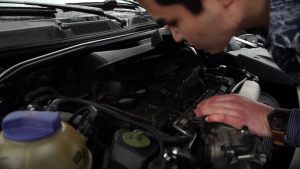
Antonio Lopez opens up a cover in his car’s engine compartment, to get a look at the failed timing belt.
“I just feel very, very disappointed – angry, hurt, betrayed,” said his mother, Camille Lopez.
She said the dealer assured them the timing belt had been changed and the car had passed a thorough inspection.
“I think there should be something to help people who get stuck with a really bad deal like that,” she said.
Utah’s Lemon Law
After the Lopez family contacted us, the KSL Investigators examined Utah’s lemon law statute and found it to be narrow. Consumers who buy a car with “significant defects… can obtain relief under the ‘Lemon Law.’” But they must be defects that cannot be repaired, and the law only applies to new vehicle purchases – not used cars.
“Not one nice, easy used motor vehicle lemon law,” said consumer attorney Jon Rogers.
He said he takes calls nearly every day from unhappy people who recently bought a used car that broke down.
“I wish Utah had (a used car lemon law). Several states do,” Rogers said.
Currently, only six states have an explicit lemon law in the books for used car buyers: Hawaii, Massachusetts, Minnesota, New Jersey, New York and Rhode Island.
Used Car Complaints
While there is no used car lemon law in Utah, regulators here do get complaints. The Utah Division of Consumer Protection has received nearly 100 from used car buyers in the past four years.
The number of complaints has gone up each year since a major change in Utah law.
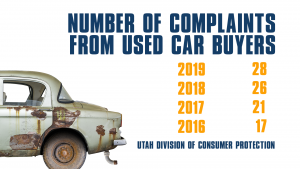
In 2017, a used car dealer could not issue a temporary permit to a new owner unless the car had passed a safety inspection sometime in the previous 11 months before sale. That requirement went out the window in 2018 when the state stopped requiring safety inspections to get a car registered.
S.B. 31, a measure currently being debated by Utah lawmakers, could bring back safety inspection requirements for used cars.
Officials with the Utah Highway Patrol support the bill after they conducted an informal curbside audit of 50 used car dealers. Troopers visually inspected the front row of cars at these dealers and found of the 714 they eyeballed, 388 would not pass a safety inspection.
However, the way the bill is currently written, the onus would be on the person buying the car to get it inspected, not the dealership.
Get It In Writing
Legally, the only way for a used car buyer to protect themselves is to get the dealership to guarantee the car and get that guarantee in writing.
If there’s a promise to fix a breakdown, get it in writing. If there’s a return policy, get it in writing. If there’s assurance that a timing belt will last more than two days, get it in writing.
Rogers said if a dealer knows the car has a mechanical problem, they cannot misrepresent it, but proving misrepresentation can be very difficult.
“Whatever they’re promising you about it, get it in writing,” elaborated Rogers. “At least that way we have something we can argue if we can show that there was a misrepresentation. If you have it in writing…you’re not arguing they promised me that or told me that.”
And Rogers said buyers should also remember there are no guaranteed refunds.
“You’ve got to figure from the minute you sign, you’re stuck and you’re responsible for every word on the front and on the back. You should read every word before signing anything,” he said.
As for Antonio Lopez, it is an expensive lesson learned. He said he will get his Audi’s engine replaced.



